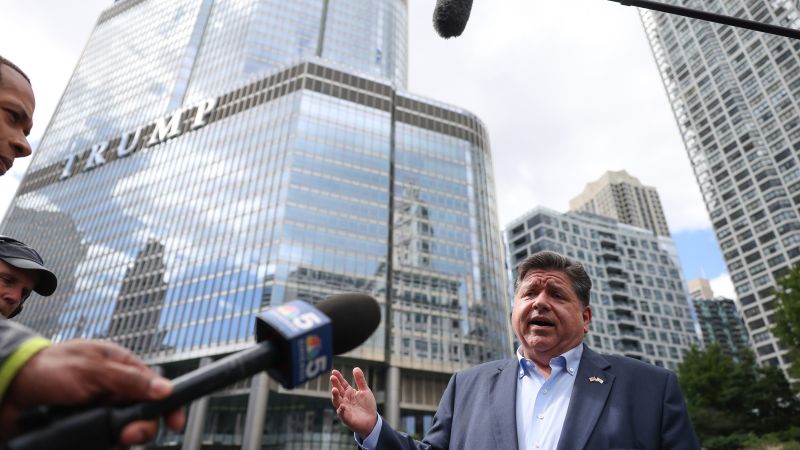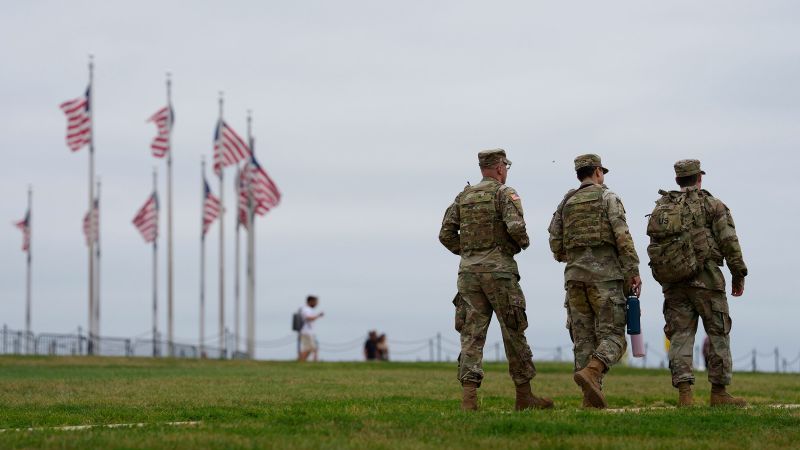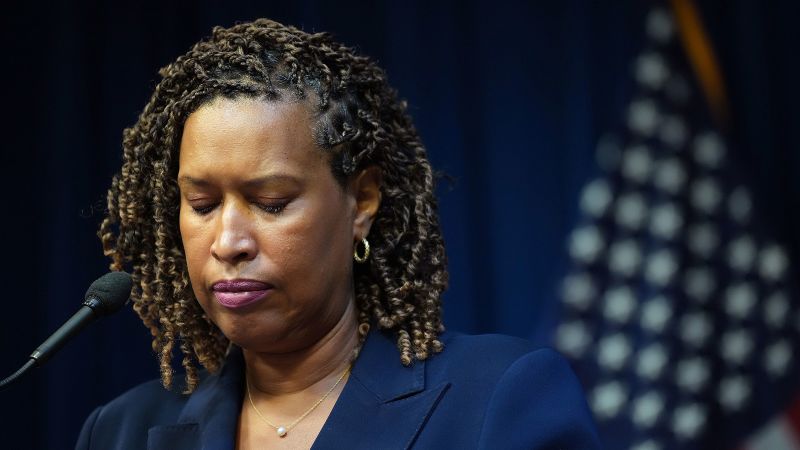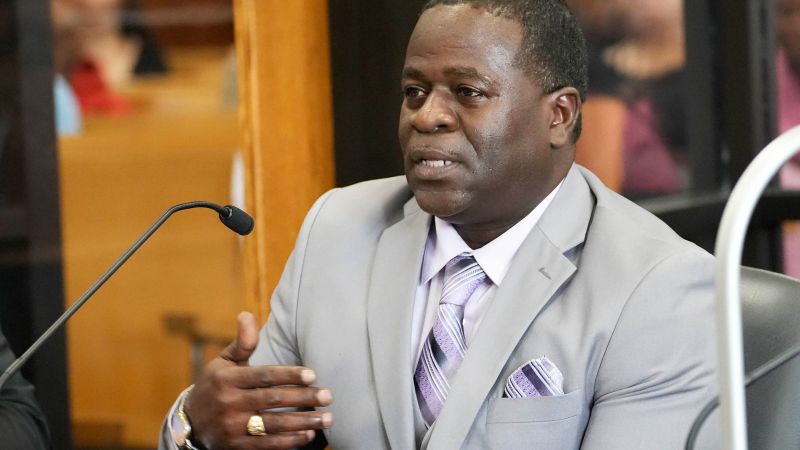
Addressing Rising Crime Rates in Chicago: Federal Troop Deployment Considered
Politics | 9/3/2025
The White House is considering deploying federal troops to address rising crime rates in Chicago, sparking tensions between federal authorities and local officials. The prospect of federal intervention in the city’s law enforcement efforts has raised concerns and drawn strong reactions from various stakeholders. While federal involvement in local policing is not unprecedented, the move has ignited a contentious debate over the appropriate role of federal forces in addressing community safety concerns.
Unnamed sources within the White House have indicated that the potential deployment of federal troops is aimed at combating escalating crime levels in Chicago. This proposal comes amidst a backdrop of increased violent crime in the city, with local law enforcement facing challenges in curbing criminal activities. The White House’s consideration of this measure reflects a growing sense of urgency to address public safety issues in the area.
Local politicians have expressed resistance to the idea of federal troops being deployed in Chicago, citing concerns over the potential consequences of such a move on community relations and civil liberties. The pushback from city leaders underscores the complex dynamics at play between federal and local authorities when it comes to law enforcement strategies. The debate highlights the delicate balance between maintaining public safety and preserving the autonomy of local governance.
Historically, the use of federal troops in domestic law enforcement has been a contentious issue, with critics raising questions about the implications for civil liberties and the separation of powers between different levels of government. The potential deployment of federal forces in Chicago represents a flashpoint in this ongoing debate, prompting a reevaluation of the boundaries between federal intervention and local autonomy in policing matters. As discussions continue on this matter, the divergent perspectives of federal and local officials underscore the complexities of addressing crime at the intersection of federal and municipal jurisdictions.
The situation in Chicago reflects broader national conversations about the role of federal authorities in addressing localized crime challenges. The outcome of this debate will not only impact the city’s law enforcement strategies but also set a precedent for the relationship between federal and local entities in tackling public safety issues. As stakeholders navigate these complex dynamics, the diverging viewpoints on the use of federal troops in Chicago underscore the multifaceted considerations at play in shaping effective and inclusive law enforcement policies.


